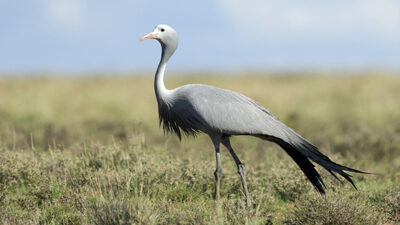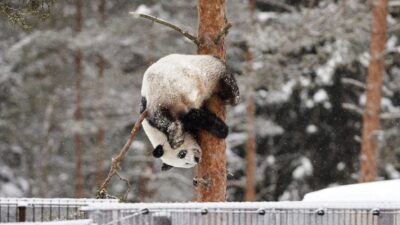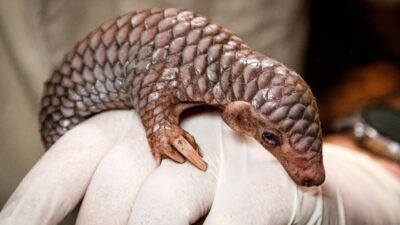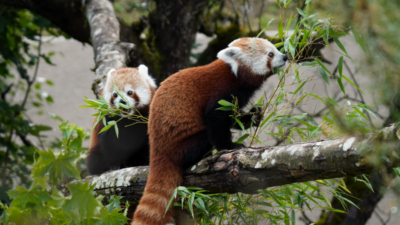A team of international scientists, including Sara Torres, a researcher at the University of Southern Denmark, will embark on a four-year study to examine the ability of animals to plan or think about their future and remember actions from their past. The study involves institutions such as the Spanish zoo Loro Parque, the Max Planck Institute for Ornithology in Germany, and the University of Antwerp, among others. The goal of the study is to analyze the abilities of time perception, episodic memory and foresight, when-what-where memories and anticipation of future events in different species such as bats, parrots, and dolphins.
The study is aimed at providing a deeper understanding of how animals perceive space-time and unraveling some of the mysteries of the animal world. This research will provide insight into the behavior, habitats, and relationships of animals and will help to determine if animals understand time and if they can adapt to it. The results of the study are expected to offer breakthroughs in understanding the social transmission of information between species and will reveal key questions of animal evolution.
Time perception skills of animals will be studied by teaching them to associate short events with a food reward at a particular location, and longer events at a different location. Once the animals have learned this concept, they will be paired with other inexperienced animals to see if they learn faster than the original subjects. If this is observed, it will be concluded that the animal is capable of social learning.
Episodic memory will be observed by showing two objects to the subject, one on the right and one on the left. These objects will change location during the day, testing the animal’s awareness of time and its connection to other events. To study future events, a maze will be used around objects that obstruct the animal’s vision. Although the reward will have a fixed position, the walls of the maze will be changed. Based on the movements of the animal, it will be determined how it plans its detours around the obstacles.
The species analyzed in the study – bats, parrots, and dolphins – are expected to share a perception of time, but with different levels of complexity. This study is an exciting opportunity for the scientific community and the researchers are eager to share their findings with the world.
Dolphins, in particular, will be studied by Loro Parque and the University of Southern Denmark to determine their abilities to think about their future and past. “Until now, our conception of space-time differentiated us from animals such as dolphins or parrots; however, we see that we share advanced cognitive abilities that are not exclusive to humans”, says Torres.
The study of animals and their perception of space-time is important for a number of reasons. Firstly, it helps to deepen our understanding of animal behavior and how they interact with their environment. This information can be used to develop better conservation and management strategies for endangered species. Secondly, it helps to bridge the gap between our understanding of human and animal cognition, leading to a better understanding of the evolution of the brain and the development of cognitive abilities.
The four-year study of animal perception of space-time will provide valuable insights into the behavior, habitats, and relationships of animals. The findings of the study are expected to offer breakthroughs in understanding the social transmission of information between species and will reveal key questions of animal evolution. The study is a collaboration between international scientists and institutions, providing a unique opportunity to advance our understanding of animal cognition and behavior.









